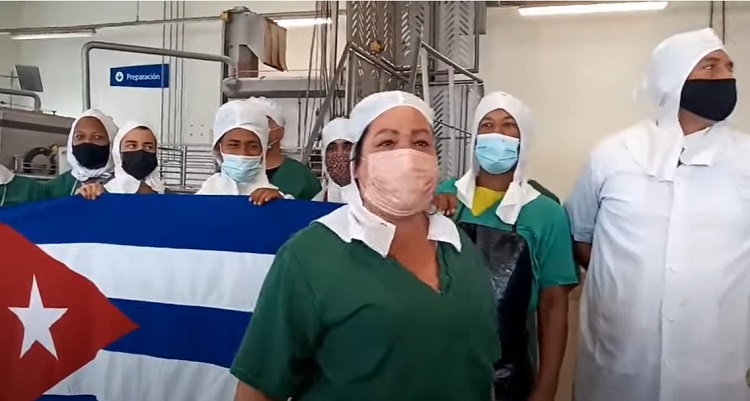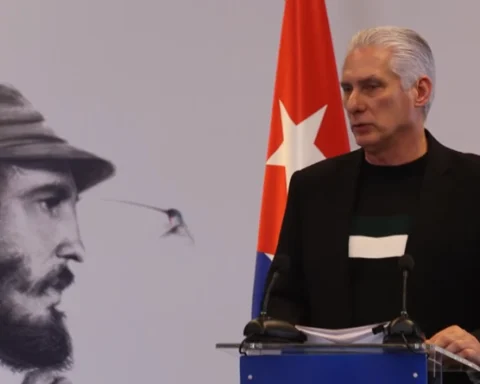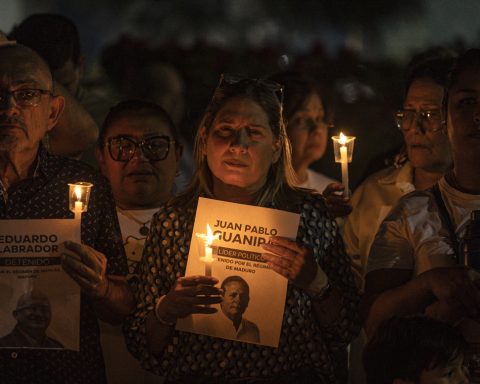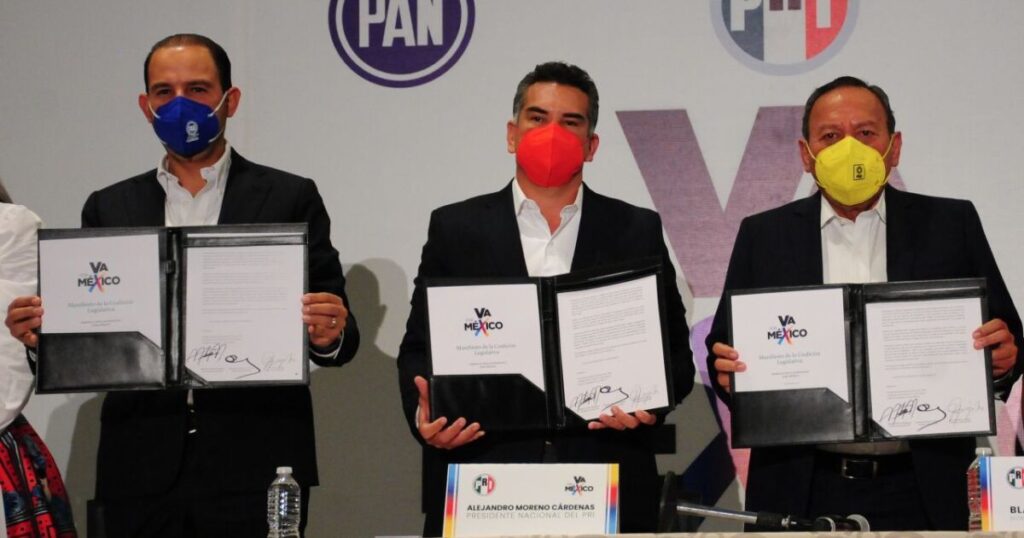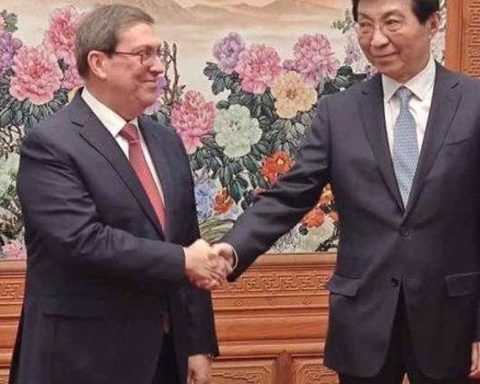HAVANA, Cuba.- Although we all know that the main mission, and almost the only one, of the official unions in Cuba is to organize the workers so that they comply with the directives emanating from the highest instances of power, the Castroist discourse continues to insist that These unions represent the interests of the working masses.
But, for this supposed defense of the workers to take place, the proper functioning of the Collective Bargaining Agreements is essential, as established by the Labor Code, the most important document in labor matters in the country.
During a recent meeting of the Provincial Committee of the Central de Trabajadores de Cuba (CTC) in the province of Cienfuegos, it was reaffirmed “the significance of the Collective Labor Agreement to achieve the required union action in representation and defense of the workers, the application of the of labor justice, and the establishment of disciplinary regulations in labor relations”.
A decisive moment in the preparation of the Collective Labor Agreement is the collective bargaining, which must be carried out between the administration and the union, to later be presented and approved in a workers’ assembly.
However, it is no secret that in many labor groups this collective bargaining is nothing more than a mere facade. In these cases, the Agreements are drawn up by the employer, the company’s lawyer, and possibly also with the presence of the head of Human Resources of the entity. Then they communicate the content of the Agreement to the workers, who “approve” it almost ex officio. Of course, there is no collective bargaining of any kind.
In the aforementioned trade union meeting in the province of Cienfuegos, a series of failures regarding the operation of the Collective Bargaining Agreements emerged. Failures that, by the way, are not exclusive to this territory. It was said that there are union cadres and leaders who are not clear about their functions, or the role that they have to play in the elaboration and review of the Agreements; there was talk of little preparation of trade unionists to face the process of collective bargaining; the use of already repealed legislation is appreciated on occasions; as well as there is ignorance of the general guidelines for the sector in question.
So, if we take into account these inefficiencies in the operation of the Collective Bargaining Agreements, which by law serve as the appropriate framework for the unions to carry out their hypothetical work in defense of the workers, it is not difficult to reach the conclusion that this defense, in practice, is pure fiction.
By the way, it remains to be seen if the Collective Labor Agreements in the companies that plan to distribute profits among their workers at the end of the year have contemplated the inviolability of this process.
The foregoing is brought up due to various approaches by specialists and business leaders in the sense of the alleged inconvenience of making these payments.
In a workshop organized by the official National Association of Economists and Accountants of Cuba (ANEC), held in the context of an Economic-Productive Conference held in recent days, when discussing the distribution of profits, stated that “the monetization of that money as additional income is stimulating for the workforce, but also risky in the midst of an inflationary process such as the one the economy is experiencing.”
If the official unions do not take sides now in favor of the workers, in the sense that the payment of profits is made viable, these unions would sink further into disrepute.
OPINION ARTICLE
The opinions expressed in this article are the sole responsibility of the issuer and do not necessarily represent the opinion of CubaNet.
Receive information from CubaNet on your cell phone through WhatsApp. Send us a message with the word “CUBA” on the phone +1 (786) 316-2072, You can also subscribe to our electronic newsletter by giving click here.
